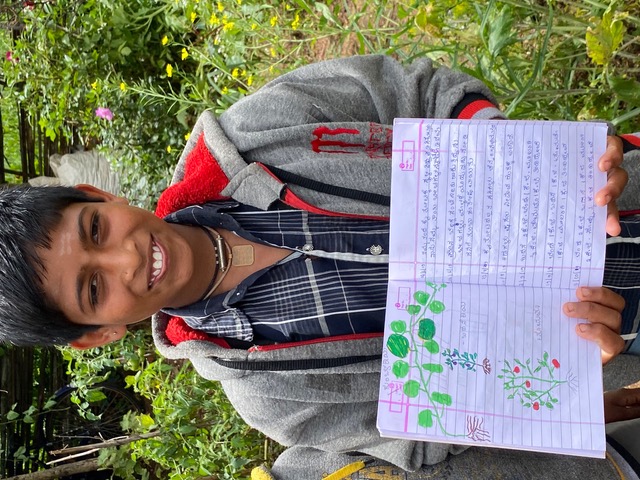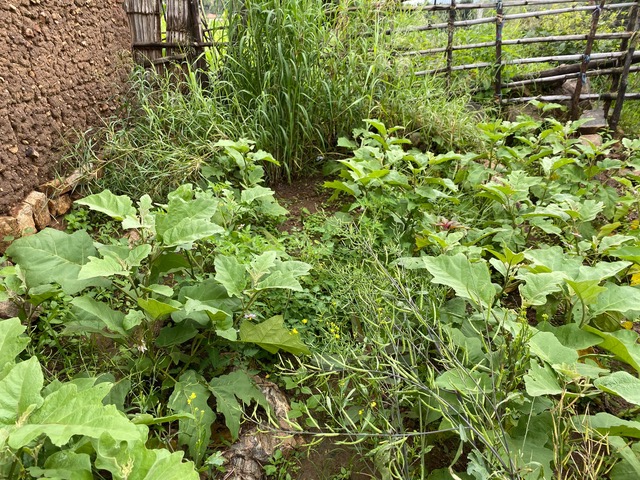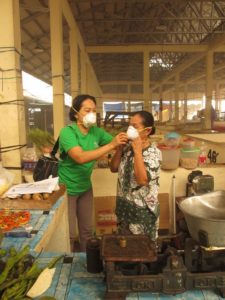Anisah Center – Rohingya Refugee Education, is a school to uplift the plight of Rohingya refugees from genocide. It is run by Subud member Nadya Holland, daughter of the late Muhtar and his widow, Nuraisjah Holland. Nadya is a Subud member living near a Rohingya refugee community in Alor Setar, Kedah, Malaysia where she serves some sixty refugee families. The primary mission of the Anisah Center is to teach Malay, English and Arabic languages – the most necessary tools for success in Malaysia. Additionally, the Center assists the community with basic needs including transportation to/from classes, clinics, and prenatal checkups, etc.
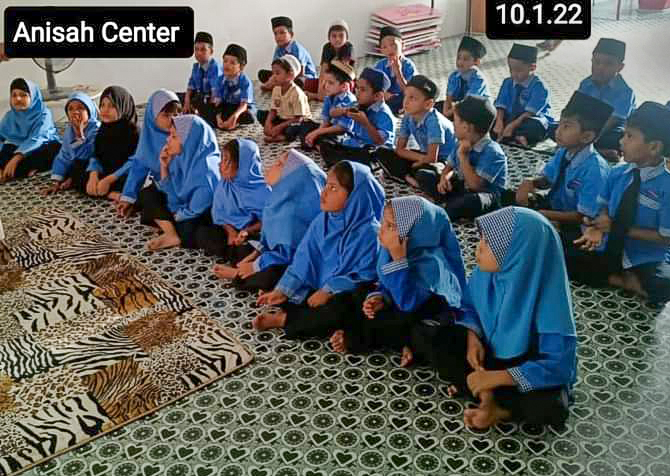
As of 2019, Anisah Center held classes in a leased space which Ms Holland remodeled and equipped with her own hands and the assistance of her students’ parents. Twenty-five students attended daily classes taught by Ms Holland and a volunteer teacher. Government covid policies then prevented classes from being held at school temporarily but as a work-around, Ms Holland set up tutoring services in individual homes and outdoor spaces.
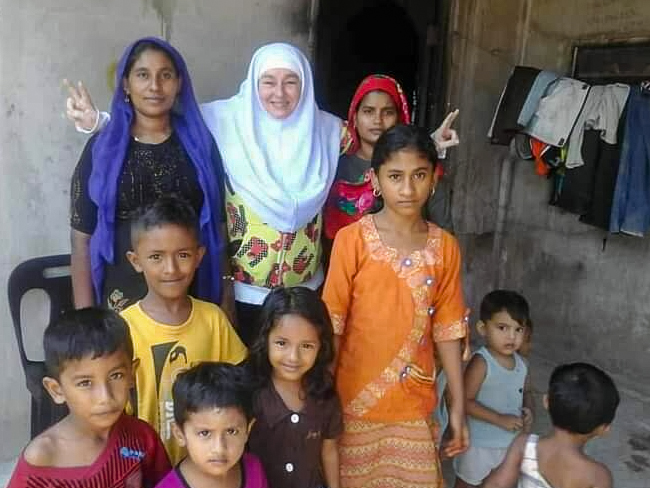
From December 2021 classes resumed at the Anisah Center with new school uniforms for the students which really made them proud and happy. A new teacher, also a Rohingya refugee, a nice man with a “disability” (what Nadya prefers to call “otherwise enabled”) has begun to teach the refugee students.
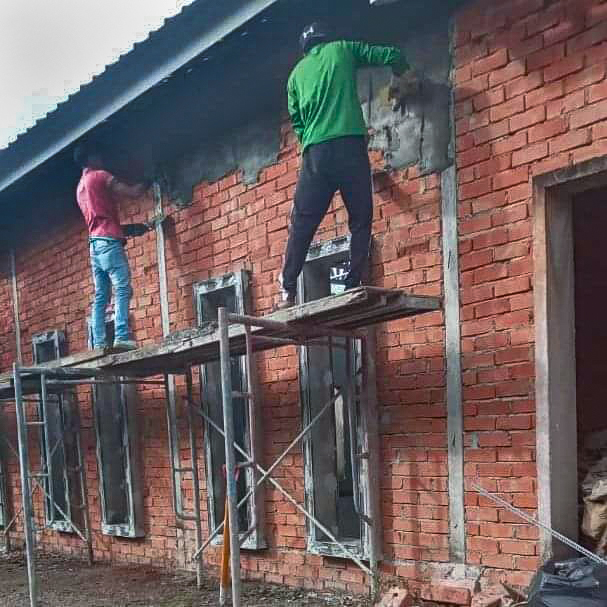
In 2022, Anisah Center became a newly funded project of Susila Dharma USA. Anisah Center is also supported by Hasnah Endowment Fund, a charitable project of Subud Winston-Salem, USA, as well as by contributions from individual Subud members. Currently all students receive a full-tuition scholarship.
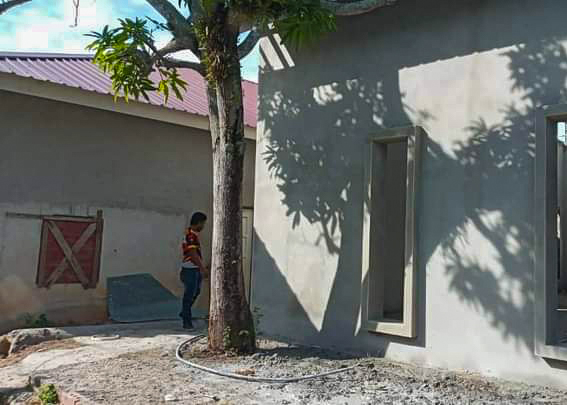
“Anisah” means “friend”. Ms Holland began this project in 2017 with limited funds but great faith that she could make a difference. She wishes to thank the many friends who have supported her befriending these refugees over the years. Already there are more than a hundred children wishing to learn at Anisah Center. In an effort to provide more space to accommodate this interest Rohingya fathers are currently in the process of building more classrooms. It is hoped that with continued and increased funding there will be the ability to meet the demand.
The Rohingya genocide is a series of ongoing persecutions by the Myanmar military of the Muslim Rohingya people. The first was a military crackdown that occurred from October 2016 to January 2017, and the second has been occurring since August 2017. The crisis forced over a million Rohingya to flee to other countries. Most fled to Bangladesh resulting in the creation of the world’s largest refugee camp, “Cox’s Bazar”, while others escaped to India, Thailand and Malaysia and other parts of South and Southeast Asia. Malaysia has over 150,000 Rohingya refugees.
To read more about this project go to www.subudwinstonsalem.org/anisah


